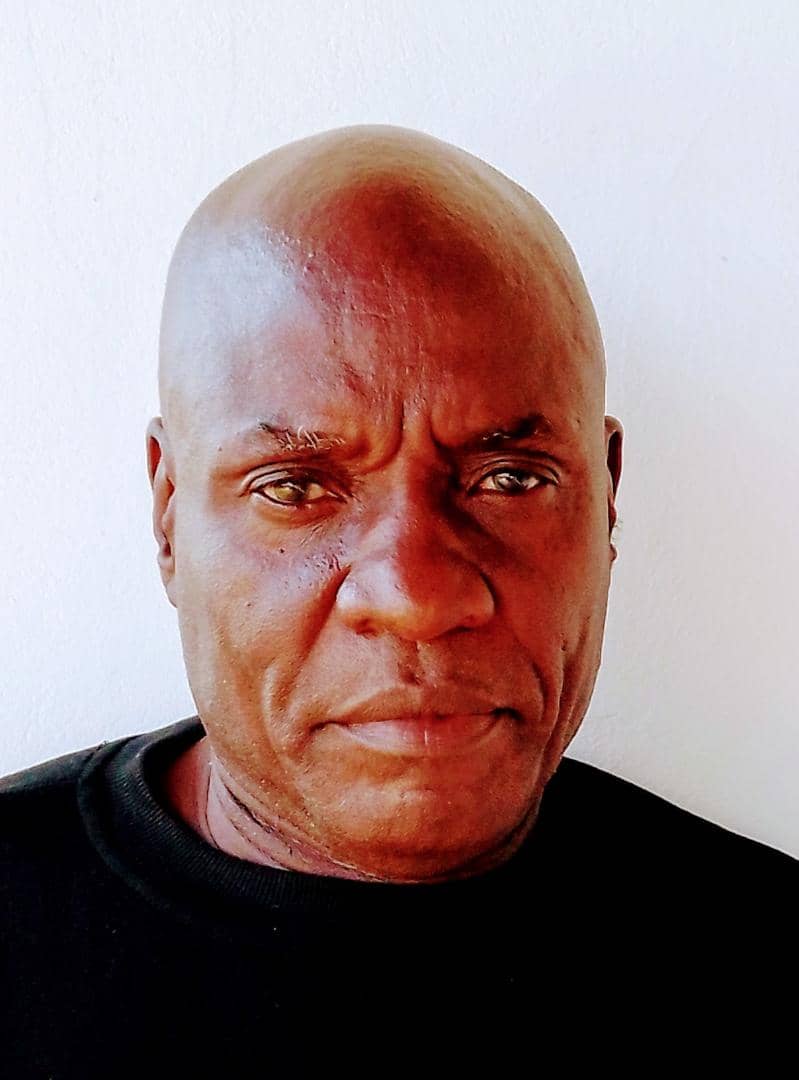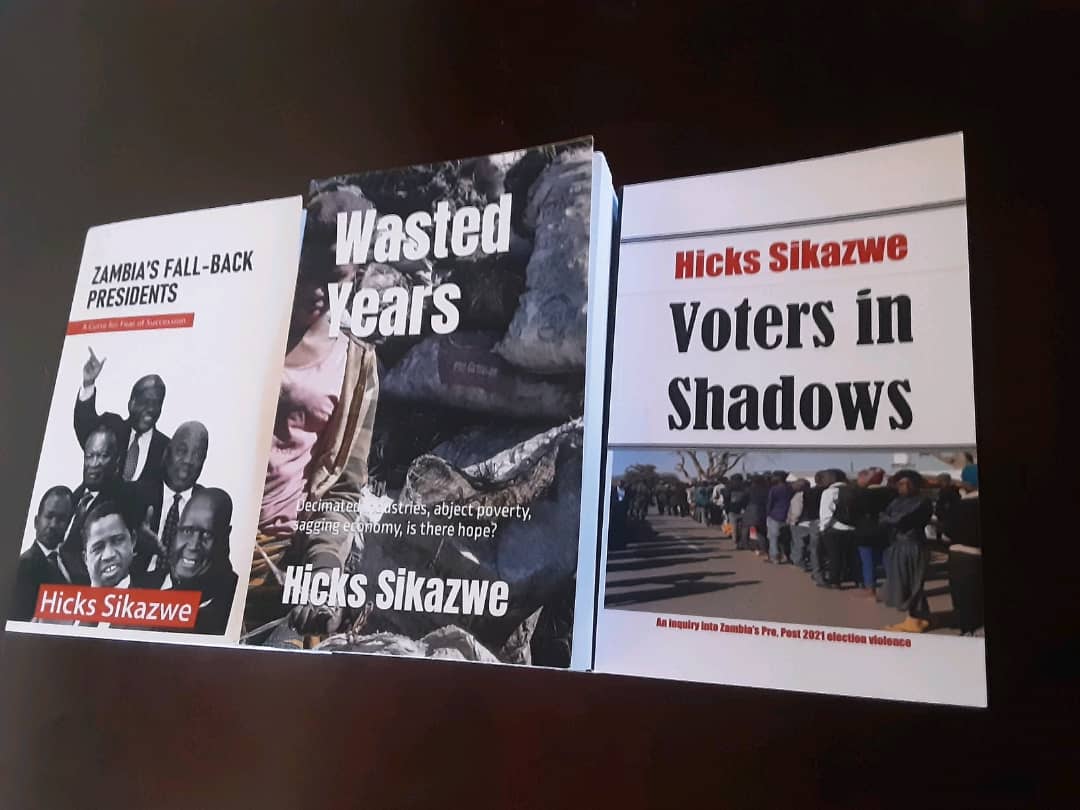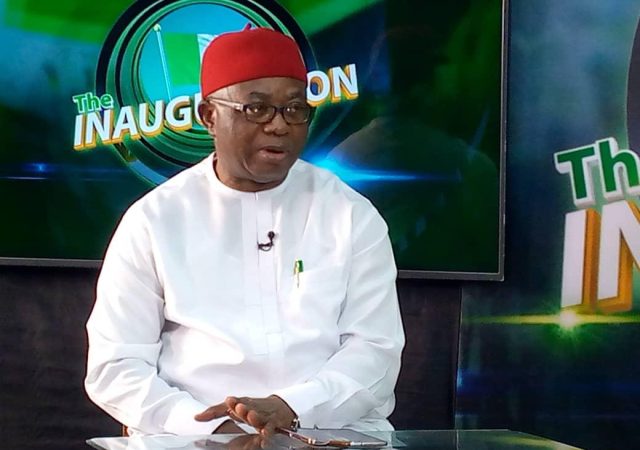
Hicks Sikazwe is a former Deputy Editor- in- Chief of the Times of Zambia once ranked among Africa’s best newspapers, where he worked for almost 30 years. He is the author of Zambia’s Fall-Back Presidents, Wasted Years, and Voters in Shadows
He has sat on boards for the ZAMCOM, the Media Trust Fund, (MTF) and Commonwealth Press Union (CPU). Sikazwe was President of the Press Association of Zambia (PAZA) for two terms. The Journalist served as Commissioner on the Mung’omba Constitution Review Commission (CRC). Together with the Media Institute of Southern Africa (MISA), PAZA under Sikazwe heralded a vigorous media reform campaign that has contributed to the media diversity the country enjoys today. Sikazwe lives in Ndola, Zambia as a freelance Journalist, Media/Communication Consultant, Editor and Media Trainer.
The Author speaks to Sunday Oyinloye, Publisher Green Savannah Diplomatic Cable about his books, his thoughts on African political leaders, and other topical issues
Excerpts:
You are one of the Veteran Journalists in Zambia, why Journalism?
As a young boy at primary school, I always told people that when I grow up I would be writing books. I thought writing books was some kind of daily work. I never said I would go into journalism until I got to secondary School. From primary school, I was an avid reader; any book in English for me was game. While in grade six, two years before secondary school entry, I attempted to write two books. One of them I could not make the pages, so I copied chapters from Ngungi Wathiongo’s Weep not Child, and gave the manuscript to my teacher to go through. Then he said this is a good effort but do not copy from other books they can arrest you. He suggested that I should not read African writers’ novels that early until I go to secondary school. I also enjoyed listening to oral stories. I grew up on the Copperbelt, but every school holiday, I would go to the village in Mbala, northern Zambia, close to the border with Tanzania, while there I took interest in listening stories especially by my mother. So journalism for me was a calling from the word go and I think it is the best job or career in the world.

How would you describe Journalism during and post Kenneth Kaunda’s era?
In my first book, Zambia’s Fall Back Presidents, I have openly said, Kaunda may have been labeled a dictator but he allowed journalism to function. There was more leverage in the reportage compared to today. The newspaper (Times of Zambia) I worked for was formally owned by Lonrho Zambia, a British multinational. Before independence, it was the mouthpiece of the colonialists and white settlers. In 1983 Kaunda took over the editorial control and placed it under the ruling party UNIP, but for a long time it was a critic of the establishment. Any one from the vice president right to the last ordinary man would be attacked. The only person the paper could not stand up to was Kaunda himself. But the fact that he allowed tearing down of his men and women in the party and government, he emerged as a more tolerant leader towards the media compared to the leaders that emerged after 1991. It is also safe to say the standard of journalism has really gone down. There has been so much commercialization of the sector. Many reporters coming out of college and university do not exhibit the skill as they are expected to. Even the standard of writing and just the English itself leaves much to be desired.
You have written three books; Zambia’s Fall-Back Presidents, Wasted Years, and Voters in Shadows. What was the motivation and what message are you trying to pass to Zambians and the rest of the world.
My thesis for my Masters degree was on media and democracy, so in the three books my focus has been on governance, the rule of law and the promotion of democracy or lack of it.
What are you doing to inspire the younger generation of Journalists in Zambia?
Many people say I was a good journalist while I was on the Times of Zambia, the fact that I have diverted into book writing, I am viewed as a role model. I am always being invited for discussions at work places and training institutions.
Are you working on any book at the moment?
While I enjoy mentoring I have continued to write and train young reporters at operative and management levels. Since retirement in 2010 apart from writing books I Have been editing a lot of manuscripts and helping with tackling thesis or dissertations for those in University. Even with that pressure, I have embarked on another book which I hope should be published by the end of the year.
What are your thoughts on African political leaders?
African leaders have been a bit of a disappointment. When Nkwame Nkrumah liberated Ghana in 1957 he provided a lot of hope for Africa. But he veered off imposing a one party state and many in Africa followed his example. He thus failed the litmus test for democracy in the continent. After the advent of democracy, the continent is replete with dictators some of them have used rigged elections to reclaim power. In most countries opposition parties are not any better so even when they come into power they are a replica in behaviour of the fallen regime. Africa needs to do more to promote democracy.
Would you say Africa has a bright future?
There is still hope for Africa. The fact that many countries are able to hold regular elections is an indicator that one day the continent should get to the proper destination.









